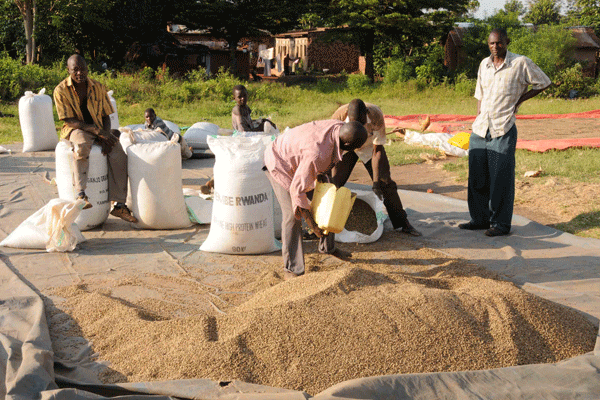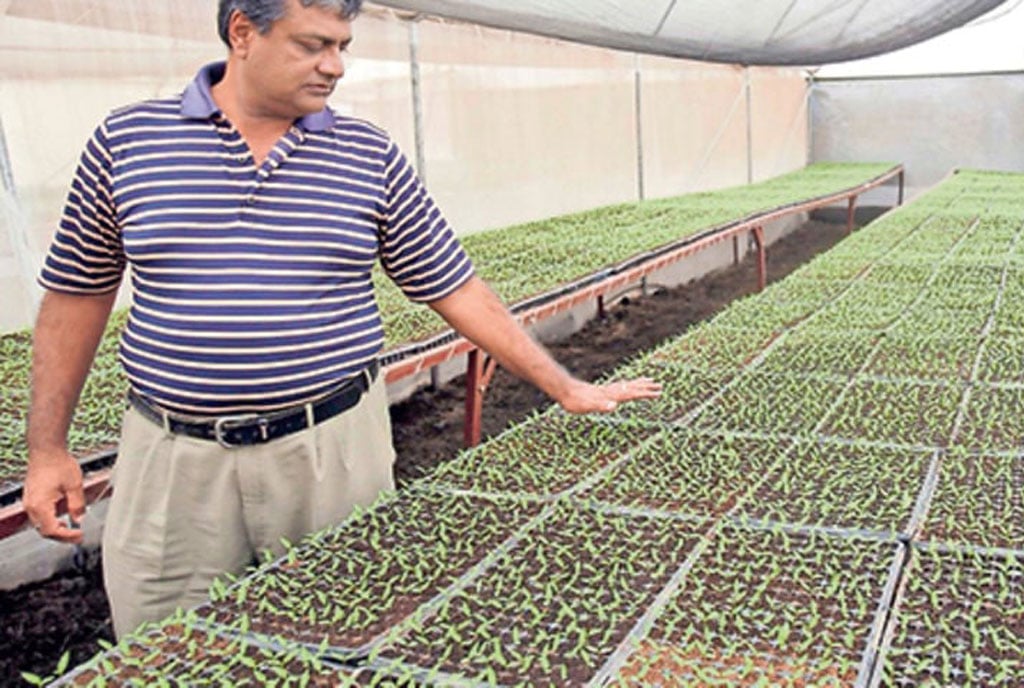Experts warn of growing monopoly in seeds sector

Many farmers now rely on corporate manufacturers to access seedlings. Photo / File
What you need to know:
- Unlike the farmer-managed seed system, seed and pesticide corporate manufacturers are slowly taking away the responsibility of selection, storage, and management of seeds, which exposes farmers to exploitation
Experts and right-to-food advocates have warned that there is increasing corporate control over the seeds sector, which may render farmers “slaves and dependent” to patented seeds.
Speaking in an interview, agricultural trade expert, Mr Jonathan Lubega, said unlike the farmer-managed seed system, seed and pesticide corporate manufacturers are slowly taking away the responsibility of selection, storage, and management of seeds, which exposes farmers to exploitation.
The system, experts argue, also makes access to affordable and reliable sources of seeds difficult, while at the same time, exposes farmers to fake, counterfeit, and substandard seeds.
Uganda National Bureau of Standards estimates that between 30 and 40 percent of seeds in the market are counterfeits, which has resulted into poor germination, weak plant development, and reduced crop yields.
"Once farmers are not in charge of their own seed system, they are vulnerable to low-quality seeds lacking the genetic traits needed for optimal growth as we are witnessing already in our situation here. And this only takes mislabeling or misusing logos or faking trademarks and our farmers become gullible because they are not in control of the system,” said Mr Lubega.
He also indicated that there were already signs of monopoly in the seeds sector due to the fact that farmers [are] missing in the storage and multiplication of seed, with the formal seeds sector controlled by corporations that have become the chief outlets.
According to Ministry of Agriculture, seed laws recognise the existence of formal and informal seed systems, although expert analysis by Seatini found that there is almost exclusive emphasis on formal seed systems, which is characterised by structured systems for quality control, distribution, marketing, multiplication, release, and variety development.
“After carefully examining the law you can’t help it, but notice how the formal seed system has been designed in such a way that it captures or takes over the informal seed system,” reads the analysis.
Stakeholders also fear that the monopoly is likely to lead to an increase in the supply of genetically modified seeds, whose technology and production, are largely controlled by a few multinationals.
Trade and agriculture analysts including Ms Jane Nalunga and food rights advocate Agnes Kirabo fear that the new seed system will make farmers slaves to a few monopolistic companies, cautioning that government should be careful, especially with the technology that is being introduced in the seeds sector.




